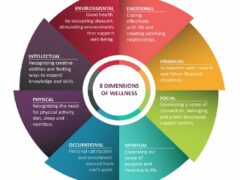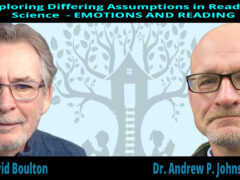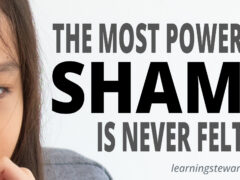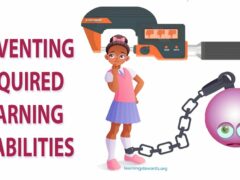Look at the descriptions of each dimension. Each one depends on our learning. There may be aspects of each that are outside our agency, but within our agency, each one not only depends on our learning it is determined by our learning. This is what we need to learn. We are who we learn to […]





